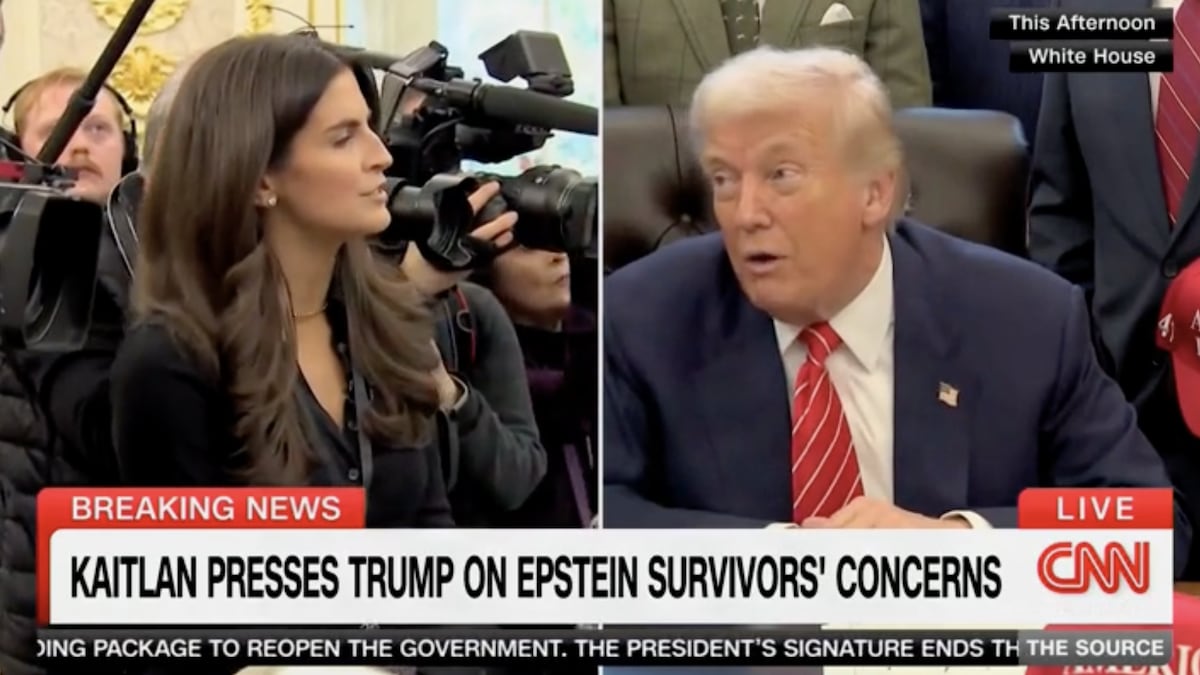After a year of provocation, Harry Reid has finally pulled the trigger on the nuclear option. Earlier this afternoon, the Senate leader called a vote on whether a judicial nominee could be confirmed with a simple majority.

Fifty-two Democrats agreed, including procedural traditionalists like Pat Leahy and Dianne Feinstein, thus ending the filibuster on judicial nominees. Only three Democrats—Mark Pryor, Carl Levin, and Joe Manchin—opposed the move.
Honestly, this was long past due. President Obama’s nominees have been blocked at an unprecedented rate, according to a report released this summer. Ending the judicial filibuster is a drastic step, but the only one that could restore some balance to the process.
Republicans will spin this as an unprecedented power grab. Already, Mitch McConnell has warned this will backfire on Democrats when they are in the minority, John McCain has predicted it will put a “chill” on the “entire” chamber, and Louisiana Sen. David Vitter has said that this is “a shame for the Senate” and “scary and dictatorial” for the country. But there’s nothing undemocratic about changing the rules to allow a majority to prevail, or—in this case—robbing a minority of a tool to obstruct without consequence. Indeed, if there’s anything undemocratic, it’s the GOP’s war on President Obama’s ability to make nominations, and to nullify one consequence of the 2012 elections.
Presidents have the right to fill judicial vacancies, plain and simple. And while the Senate also has the right to offer “advice and consent,” that doesn’t include a categorical objection to a president’s nominees. If Republicans are going to commit to filibustering any pick to the DC Circuit Court, then they have to accept that Democrats will respond in kind.
In other words, you can’t start a fight and then whine when the other side decides to finish it. And if Republicans are this devastated by the end of the judicial filibuster, there’s a simple solution: Win a majority in next year’s elections, and re-establish the 60-vote threshold. Of course, given the GOP’s recent disregard for the rules and norms of American politics, I’d be shocked if a Republican majority restored the judicial filibuster, especially given the real chance that Republicans take the White House in 2016.
As for President Obama? With the Senate having cleared the way to filling judicial vacancies, he should take the initiative and make nominations. Obstructionism is a problem, but Obama has been slow to make appointments and press for confirmation. Now, he has no excuse.






